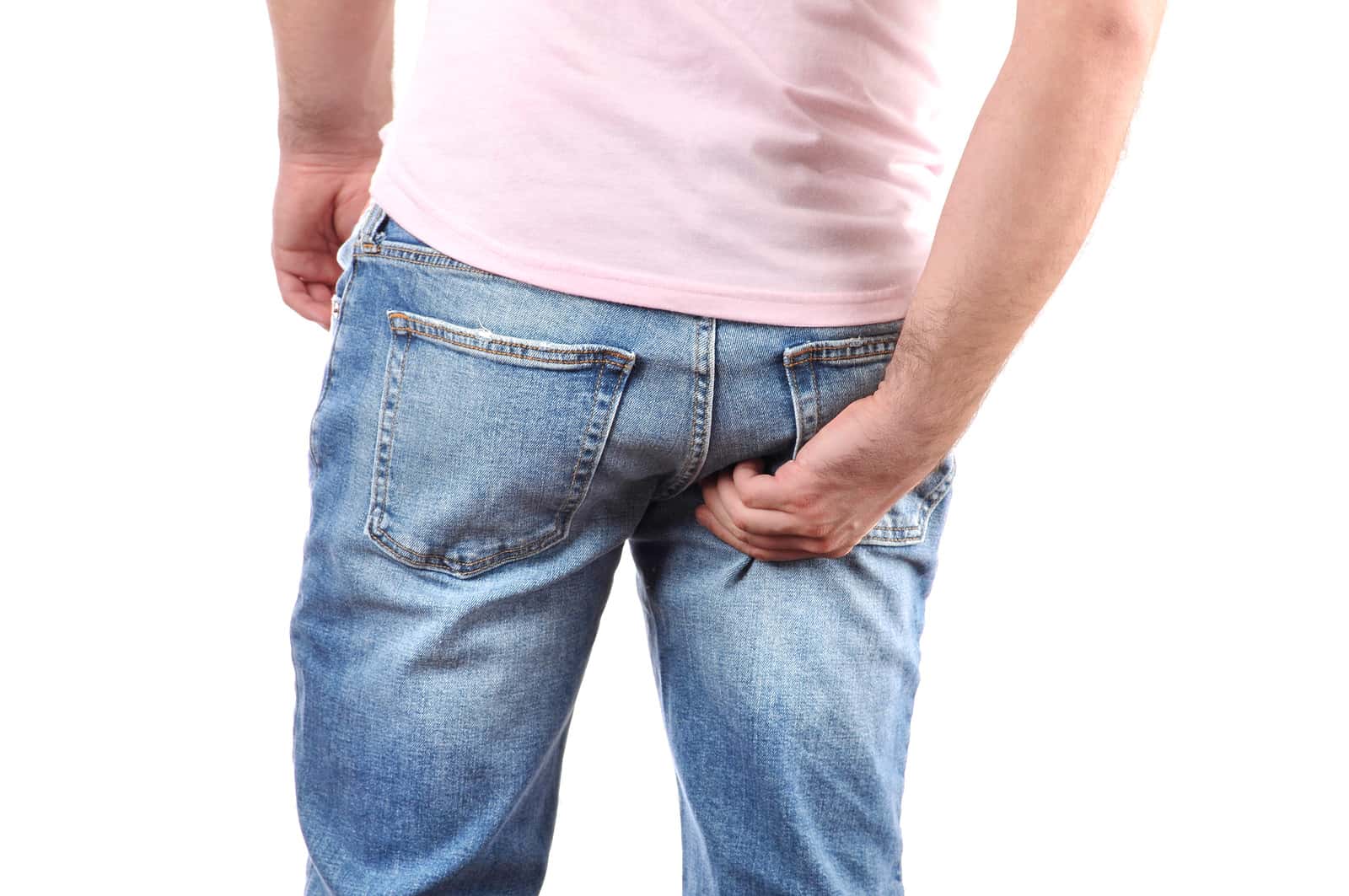
What could be more embarrassing than persistent anal itching? This problem is common enough that doctors have a fancy word for it: pruritus ani. They don’t always have a good solution, though. Over the years, readers have shared their own ideas on how to prevent itchy bottom.
How Can You Prevent Itchy Bottom?
Q. I suffered for over five years from anal itching. I tried different diets, creams, pills, wipes, you name it. Nothing worked until I tried something called Pranicura ointment. I am now completely itch-free and have my life back!
A. Pranicura contains glycerin, calamine, kaolin and menthol. Some other readers have also sung its praises. A fork lift driver who complained of anal itching once shared that the face cream Noxzema was very helpful when applied externally to that sensitive area.
Hygiene Is a Critical First Step:
Anal itching, aka pruritus ani or itchy bottom, can be incredibly disruptive. Good hygiene is essential to prevent itchy bottom. The French have used bidets for this purpose for decades. A cheaper alternative would be to wipe gently with witch hazel after a bowel movement.
The American Society of Colon and Rectal Surgeons, specialists in this delicate tissue, recommend cleaning with plain water, diluted white vinegar (one tablespoon in 8 ounces of water) or Balneol. The next step is air drying with the blower on the lowest setting and applying zinc oxide to protect the skin. (Zinc oxide ointment is often used as diaper rash cream.) This should prevent itchy bottom.
Beyond Good Hygiene:
However, although hygiene is necessary, it may not always be sufficient to keep this persistent problem at bay. Some people find that giving up coffee, chocolate, tomatoes or beer helps them prevent itchy bottom. Others have identified medications as the culprit.
Cut the Coffee to Prevent Itchy Bottom:
Q. I suffered with anal itch for a very long time. Prescribed creams didn’t help. Finally one doctor told me to avoid caffeine. I switched to decaf and it changed my life. He also recommended no spicy food and no chocolate (sorry, no can do), but the switch to decaf was the life changer.
A. Although we found no research on caffeine causing anal itch, we discovered a recommendation that patients be warned about caffeine (Postgraduate Medicine, Nov. 1995).
The recommendation is frequently made to cleanse the area carefully (and gently), but sometimes the chemicals in wipes designed for this purpose can be irritating and make the problem worse.
Jillery commented:
“I had what I called ‘cranky crotch.’ It was always easy to get a yeast or vaginal infection or I would develop what I would call ‘hot spots’ (those of you with dogs can laugh now). Outside my labia closer to the bend in my leg I would get itchy spots that I could swear I could feel crack. The skin was always compromised.
“When I read about baby wipes, I stopped using them (at times I could get itchy around my anus too). It’s been over a week and a half and no itchy problems anywhere. I’d gone to the gyno with this problem on and off for a number of years too. She’d take scrapings and after the results would shrug her shoulders. She was thrilled when I told her about the baby wipe issues. She WILL share with other patients too.”
Another reader recommended plain water:
“I had this all my life and discovered the solution with a Hand Bidet Sprayer = it allows you to get clean (cleaner!) than using toilet paper and without irritating the sensitive skin with all the rubbing plus helps keep the natural oils in your skin that you need to keep it from drying out and itching!”
Eliminating caffeine (from coffee or other sources) and other possible culprits seems like a good first step to get control of an itchy bottom.
Possible Causes:
Embarrassing as it is, you should ask a health care provider to help you make sure that your itching is not caused by pinworms or a fungal infection. These can be treated to provide lasting relief. Occasionally, hemorrhoids may cause anal itching. Effective treatment of these swollen blood vessels can also prevent itchy bottom. In addition, in recalcitrant cases the physician will look for a tumor such as a squamous cell carcinoma (Dermatologic Surgery, Jan. 2003). Although rare, these can occur in the anal area and cause persistent itching.
Citations
- Metcalf, A, "Anorectal disorders. Five common causes of pain, itching, and bleeding." Postgraduate Medicine, Nov. 1995.
- Handa Y et al, "Squamous cell carcinoma of the anal margin with pruritus ani of long duration." Dermatologic Surgery, Jan. 2003.


